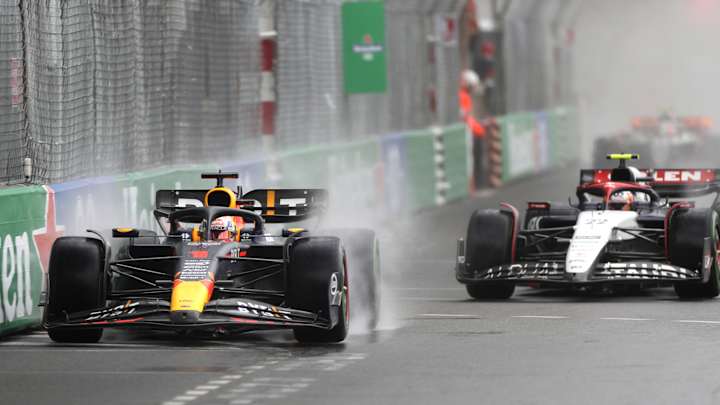F1 News: FIA Addresses Concerns About Red Bull AlphaTauri Partnership

The Federation Internationale de l'Automobile (FIA) has recently addressed the growing concerns about the collaboration between Red Bull and AlphaTauri, assuring that their partnership adheres to Formula 1's technical regulations. Despite the closer alliance planned for the next year, the FIA's initial analysis shows no evidence of wrongdoing.
Key Takeaways:
- Close Collaboration, Yet Within Limits: The FIA has clarified that while Red Bull and AlphaTauri are set to enhance their collaboration next year, their partnership remains within the boundaries of F1's technical regulations. Despite the shared ownership, the teams are maintaining distinct aerodynamic solutions, with no signs of direct collaboration in key restricted areas, such as bodywork.
- Rigorous FIA Monitoring and New Guidelines: Nikolas Tombazis, the Head of Single Seaters at the FIA, highlighted the complexity of monitoring team collaborations. He announced that the FIA would soon issue new guidelines to help teams demonstrate their compliance with the regulations.
- Broader Context of Team Partnerships: Tombazis also pointed out that the issue of collaboration extends beyond Red Bull and AlphaTauri, affecting other teams in the paddock. The FIA's proactive approach aims to maintain a level playing field.

The partnership between Red Bull and AlphaTauri has been under the spotlight again recently with the confirmation that the two teams will be working more cohesively in 2024. However, despite the rising concerns, the FIA has made it clear that the two teams are still working within the regulations.
Nikolas Tombazis stated, as quoted by Motorsport-Total:
"It's not just a problem between these two teams, but also between other pairs of teams.
"We believe that AlphaTauri has completely different aerodynamic solutions to the other team and we don't believe there is any evidence of direct collaboration."
Tombazis acknowledged the difficulty in ensuring that teams adhere to the rules, particularly in the context of cooperation.
"One of the most difficult aspects of monitoring is cooperation and ensuring that this doesn't happen.
"And we will be issuing further guidelines shortly to give the teams more information on how they can convince us that nothing like this is happening."

